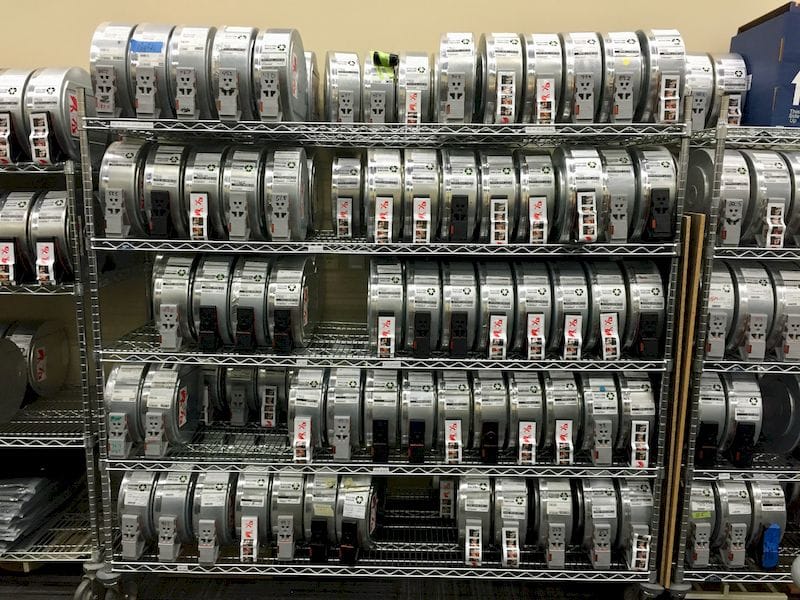
Micheal Weinberg writes of an interesting legal battle taking place over use of third party 3D print materials.
New York-based Weinberg often writes on the legal issues facing the 3D print industry, of which there are many. The revolutionary technology, combined with the modern world of networking, social media and cloud-based systems has exposed quite a number of puzzling situations where the law is far behind.
One of them involves use of third party materials for 3D printing. The idea here is that some 3D printer manufacturers design equipment that is for use with their own materials – only.
The technical reasons for this are several, and include the ability to precisely control the quality of the output by matching the printing parameters to known materials. If other material were used, there is no guarantee quality results would occur.
But at the same time, this approach to materials essentially creates a kind of monopoly situation where users have only one source for their materials.
In the past companies using this style of business model have attempted to use US copyright law to protect their system. Weinberg believes this is not a proper application of copyright law and has endeavored to make some adjustments. He writes last December:
Today I filed the latest petition in the US Copyright Office’s review of the rules that govern unlocking 3D printing (this is part of a larger review that happens every three years concerning breaking DRM on all sorts of things). After reading the record that informed the creation of the rules in 2015, I now believe that the evidence put forward to justify part of the rule does not actually exist.
But this week it seems that one of the parties employing this business model, Stratasys, has filed objections to the petition. Weinberg explains:
Stratasys has filed an opposition to my request to make it easier to unlock 3D printers. The background is here, but the short version is that the petition is about making it clear that copyright law should not prevent people from using third party materials in their 3D printers. If you read that and thought to yourself “why would copyright law prevent someone from using third party material in their 3D printer?” you have arrived at the crux of this issue. You have also grasped something that Stratasys appears to have missed. From its opposition, Stratasys appears to believe that copyright law is well suited to industrial health and safety, preventing airplanes from falling out of the sky, and keeping out hackers.
It’s not clear to me how this will turn out. In fact, as a non-US citizen, I am frequently baffled as to how that country’s legal system works, and this is no exception. But nevertheless, we can understand why Stratasys would protest.
There is the obvious reason that Stratasys would want to protect their materials revenue stream, but I think there is a deeper reason that may be motivating Stratasys in this case.
Stratasys’ business does depend significantly on their extensive network of highly competent resellers. These organizations make money by selling Stratasys equipment under an exclusive agreement in which they can sell only Stratasys gear. This exclusivity has effectively blocked many potential competitors from entering the market, or at least made it significantly more challenging for them.
It’s very important for Stratasys to retain this network for this reason, as you might suspect.
But from a reseller point of view, a typical deal might work like this: a buyer leases a pricey industrial machine over a period of, say, five years. This means that for a five year period, they MUST buy all materials from that reseller if they wish to use the new machine. That’s a guaranteed high-profit revenue stream for the reseller. Every machine they sell is ALSO a stream of materials revenue for years afterwards.
Thus it is strongly in Stratasys’ interest to discourage use of third party materials.
And this explains to me why they might be taking extraordinary steps in this legal manner.
But let’s wait and see what happens.
Via Michael Weinberg

